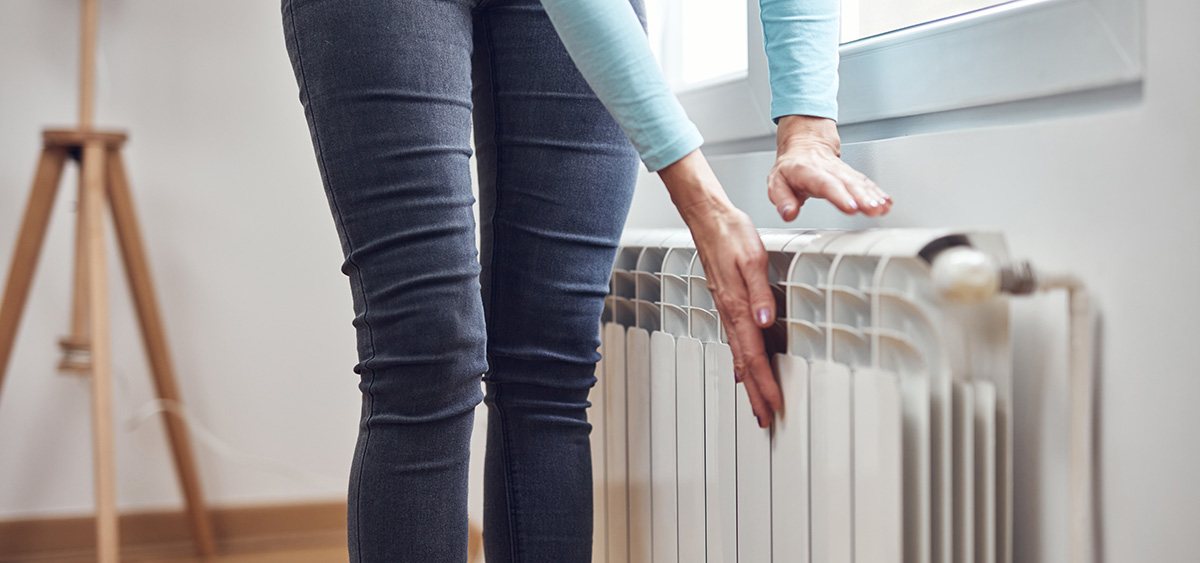Winter is knocking on the door and it’s about time to start heating your apartment! But wait a minute… As a tenant, do you control the thermostat?


The first thing to check (if you don’t already know) is who’s responsible for heating your apartment — your landlord or you? This information can be found in your lease.
If your landlord is responsible for heating
There’s no “official” date at which your landlord must start heating your apartment. Nor is there a specific outdoor temperature at which landlords must turn on the heat.
What matters is the temperature inside your apartment. The Tribunal administratif du logement (formerly Régie du logement or rental board) has stated that a temperature of 21 degrees Celsius is appropriate under normal climatic conditions. So, the date when the landlord must start heating will vary according to what’s happening outside. The date can differ from one year to the next and from one part of Quebec to another.
If you’re responsible for heating
If your lease states that you are responsible for heating your apartment, you decide when to turn on the heat. Your landlord must provide you with a heating system that works properly and that can provide adequate heat to all the rooms in your place.
You can choose how much or little you wish to heat. But you must ensure that the heat is adequate to prevent damage to the apartment, such as pipes freezing and bursting. This is especially important to keep in mind if you will be away from the apartment.
In case of disagreement
If, despite your best efforts, you and your landlord do not agree on something, you can send them a demand letter. You should always keep a written record of your exchanges with the landlord.
|
For more information on rental housing You can learn more about your rights and obligations in our web guide Tenants and Landlords: A Guide to Rental Housing. |







